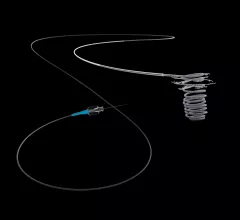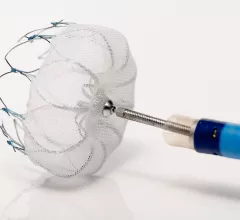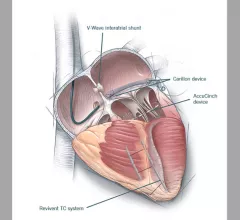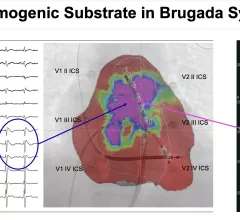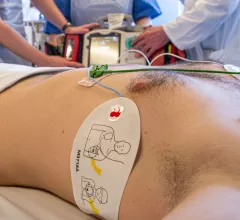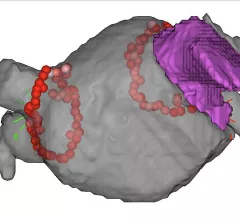Clinical
This channel newsfeed includes clinical content on treating patients or the clinical implications in a variety of cardiac subspecialties and disease states. The channel includes news on cardiac surgery, interventional cardiology, heart failure, electrophysiology, hypertension, structural heart disease, use of pharmaceuticals, and COVID-19.
Displaying 1697 - 1704 of 10742





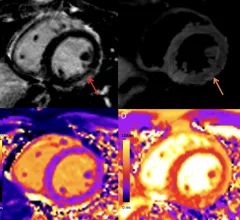
![Carotid endarterectomy (CEA) is not associated with a significant reduction in the risk of dementia, according to a new analysis published in the European Journal of Vascular & Endovascular Surgery.[1] However, the study’s authors noted, it did still lead to considerable improvements in stroke risk.](/sites/default/files/styles/240x220/public/2022-05/2006-07-12-1-carotidartery.jpg.webp?itok=UFWpi8pE)
